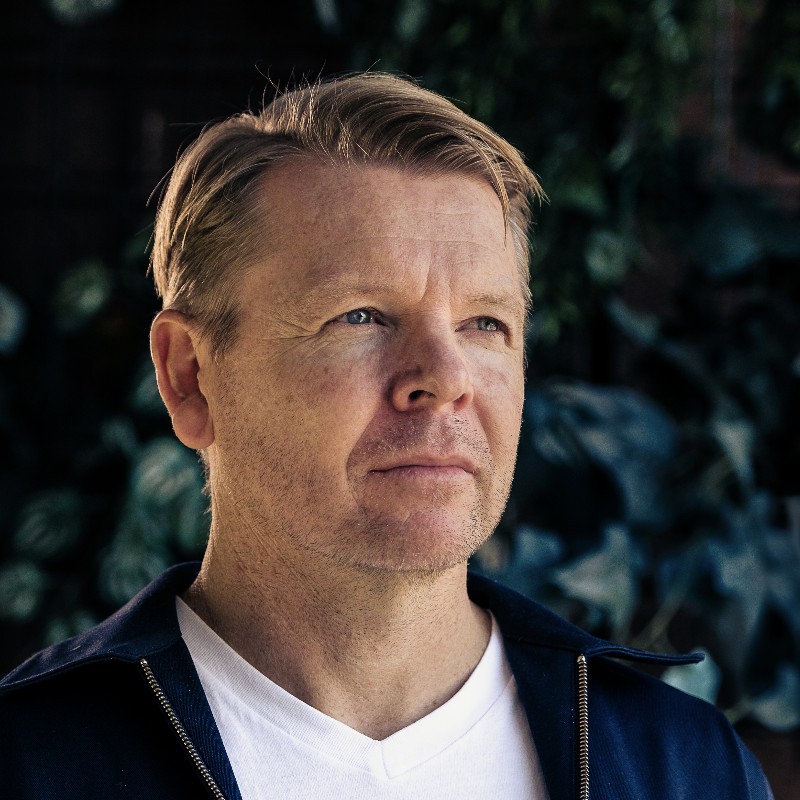I've undergone a major career change three times and experience tells me that in most instances the grass is definitely not greener and you run the risk of unwittingly throwing away valuable experience and expertise.
By career change I don't mean switching jobs. In my case it was switching from teaching English to public relations (I'll come back this later), from PR to the principal of a tertiary and business education college, to starting up my own PR business, to starting up an import business and finally back to where I am now – a partner at communications consultancy SenateSHJ.
While nerve-jangling exciting at the time, these moves taught me two things:
- The grass is not greener and nor is the lure of the other green thing – the dollar, and;
- Carefully consider sticking to what you know and do best. We tend to underestimate the years of experience we've gained in a particular field.
I'm not advocating that anyone sticks to the same job for 20-30 years – it's very rare today anyway. What I am suggesting is that you build a career in your chosen profession by cleverly adapting and using your core expertise in a way that will strategically build a differentiator for your personal brand. You need something that will set you apart from the competition. Something of value than no-one else or very few people have.
Experience well managed is like compound interest
There are a few critical questions when considering a career switch:
- Why do I really want to do this?
- Is there another way? Are there other opportunities within the company where I currently work? Is there a new job elsewhere? If I work overseas will that advance my career prospects?
- Have I consulted with and asked advice of the people I respect or who are closest to me?
- Am I running the risk of ruining my financial future or worse, putting my family (if you have one) at risk?
Once you're comfortable that these inform your decision you need to consider the final and fifth key question:
- Have I truly leveraged my current expertise and is there a way I can reinvent myself in the career I'm currently in but with a specialist twist?
This last question is often the key to relaunching and re-energising flagging careers. A clever move into a specialist area within your sector is like compound interest, managed properly it can position you ahead of those pursuing the same career and leap-frog your job opportunities and salary prospects.
However, you need to ensure it adds value to the business and more importantly the business's target audiences.
How NOT to make a career change
I immigrated with my family to Australia over 12 years ago. I managed to land a good PR role with a leading PR firm in Melbourne but it was hard. Hard having no ‘corporate memory' – consulting draws a lot on what you've done before in a market – hard not having a network, hard not knowing the media, hard not knowing the market context. The upshot was after one year of sticking at it I started looking around, not at switching jobs but rather I wanted a complete change.
I found what I wanted, or as it turns out what I thought I wanted – I would set up a business importing and distributing a product that no-one had in this country into the health and beauty sector. I would set up agents in each state and businesses would buy this product because it was cutting-edge technology that would revolutionise the sector for which it was intended.
I did consult with some people. The problem was that I was so excited about finding a way out of what I was doing and starting something new that I didn't listen and I certainly didn't bother considering any of the other questions I've outlined above.
The old expression ‘you learn from your mistakes' couldn't have been more accurate.
Just over a year later with a failed import and distribution business, tail between my legs I very fortunately found myself relocating my family to Sydney moving back into PR working for another person who writes regularly for this blog, Chris Savage. Thanks Chris for a second opportunity.
I realise there are some people who've switched careers and made a success of it. After all I did it when I moved from a brief teaching stint into public relations. However, two subsequent career switches proved that the grass on the other side of a career switch is not always greener.
What are your options?
Further to asking the five questions outlined above, another good move is to write down where the big opportunities lie in your job sector, then ask yourself how you are positioned for these and what you need to do to take advantage of them and to position yourself as an expert in one or more.
- Do you need to study further?
- Is there a secondment opportunity?
- Can you work with an expert in your firm or be mentored by that expert over a period?
- Is there an opportunity to work with a client in a specialist field?
- Are you experienced enough to write a book or ebook on your area of expertise?
These are merely some of the ways you can set about building your niche. To read more on the steps you can take to become sought after in your workplace refer to a previous blog post here.
Latest.

Hiring in Australia: 5 trends redefining our job market
Hiring Insights, Industry Trends, Ask Aquent, Leadership

How to avoid creative burnout and refill your creative tank (before you really need to)
Thought Leadership

AI adoption failing isn’t the tech, it’s the people. How smart businesses overcome this.
Technology, Thought Leadership, Industry Trends




